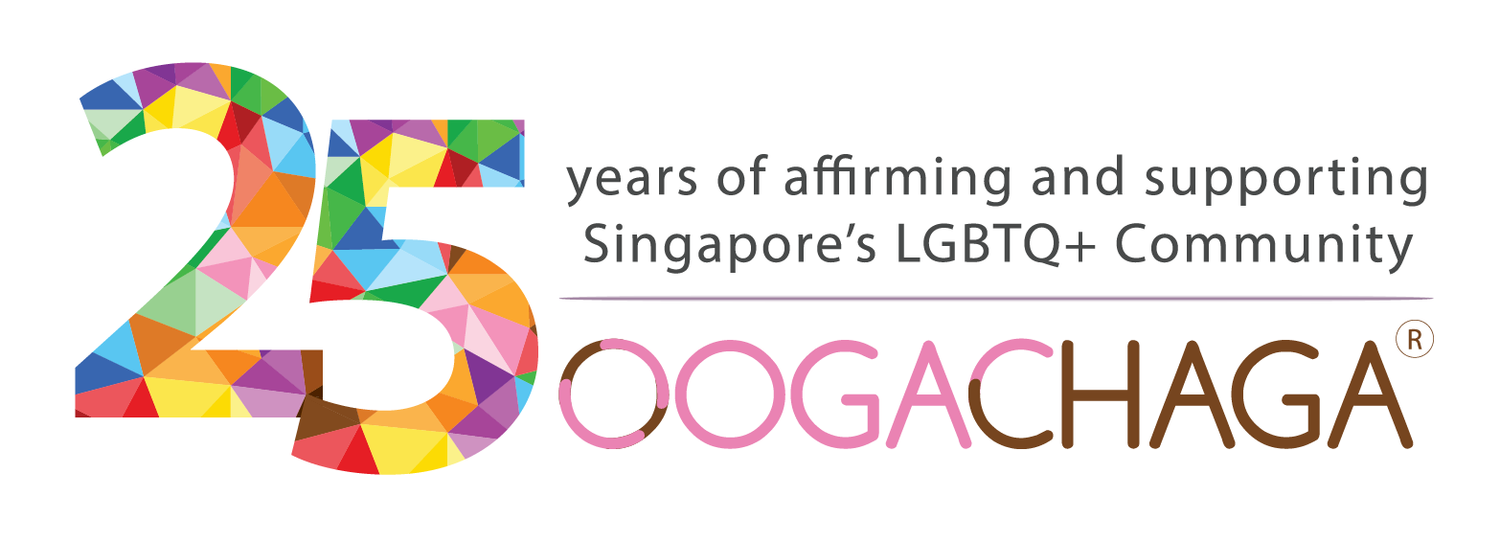TODAY
By LEOW YANGFA, EXECUTIVE DIRECTOR, OOGACHAGA
Published 11 JANUARY, 2018
I refer to the article “Gay Singaporean doctor to appeal failed adoption of his biological son” (Jan 5).
The family as a basic building block of society is an important social value readily accepted by most Singaporeans. As a registered social worker in an agency working with many lesbian, gay, bisexual, transgender, questioning, queer and gender-diverse (LGBTQ+) individuals, couples and families, it is something we see many of our clients cherish greatly, too.
International research informs us that outcomes for children raised by same-sex parents are no different from their peers in other families. Studies also reveal that a deciding factor impacting a child’s overall well-being is the stability of the family unit.
In this case, as a result of the court’s ruling, the child and one of the parents now have differing nationalities, which can only lead to potential challenges for the family unit in future as the child grows older. How this is still “in the best interest of the child” is unclear.
What this case reveals are the limitations that our current legislation faces in handling the realities of diverse, modern families in a developed country like Singapore.
Love and relationships may define a family, yet legal recognition from the State accords certain rights and protections.
As our society continues to evolve into a more inclusive one, we appear to be deliberately leaving some behind, to the extent of excluding them. Even as we love, accept and understand our own families, perhaps we can consider extending such empathy to other families, too.
What is it like for us, as a nation, to deny a Singaporean parent the same citizenship rights for his biological child?
Similarly, as the rest of the world moves ahead in these changing times, can Singapore afford to be left behind?


